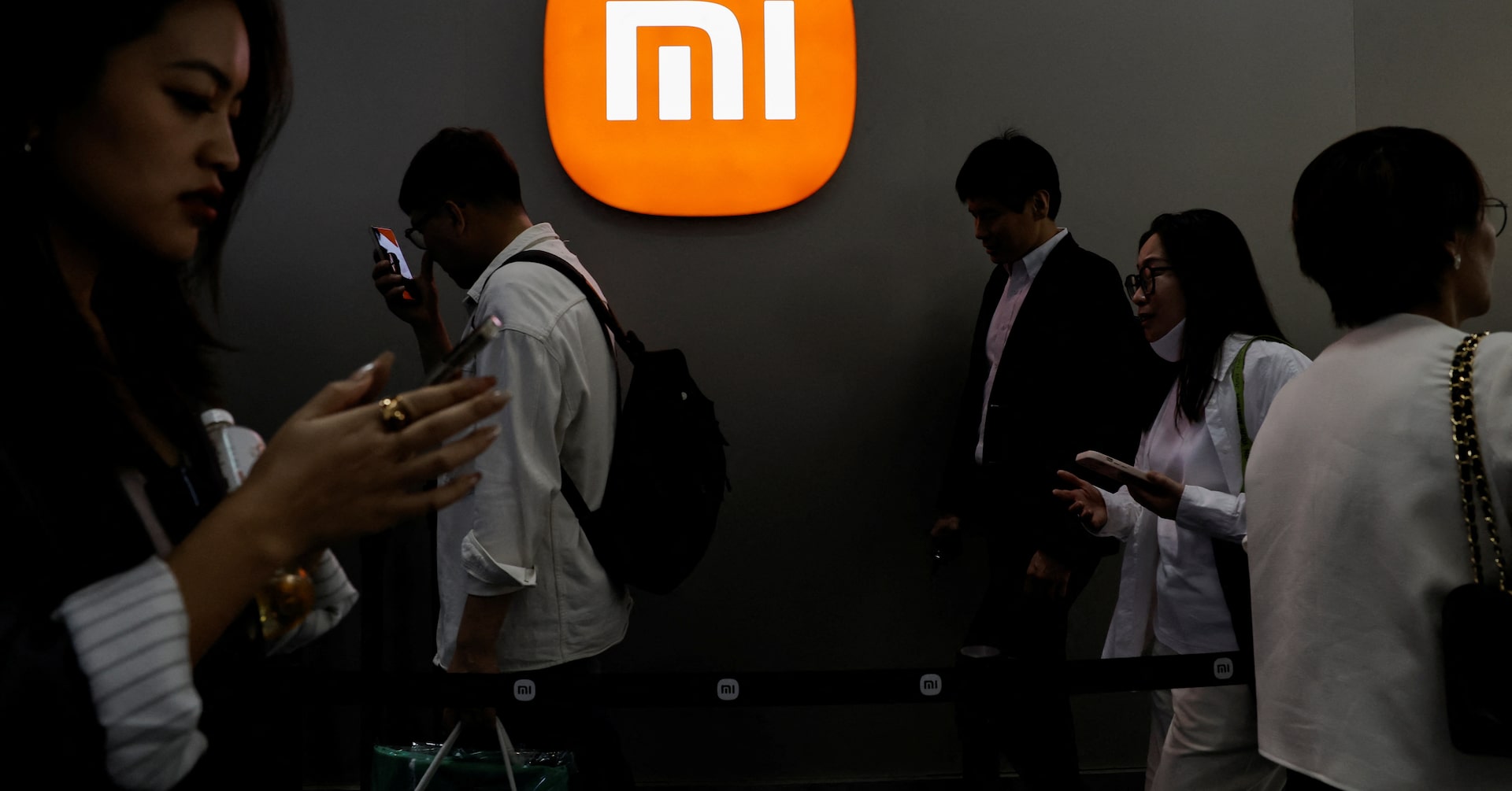
Xiaomi, the Chinese technology giant known for its smartphones and electric vehicles, is making a significant push into semiconductor design with a planned investment of at least 50 billion yuan ($6.93 billion) over the next ten years. The announcement was made by Xiaomi’s founder, Lei Jun, in a post on China’s social media platform Weibo on Monday.
According to Lei, the investment began in 2021 and marks a strategic initiative to bolster the company’s long-term competitiveness in core technologies. The announcement underscores the growing emphasis among Chinese tech companies on developing in-house chip design capabilities, especially in light of ongoing geopolitical tensions and restrictions on access to global semiconductor technologies.
The investment aligns with China’s broader national goal to achieve technological self-sufficiency, particularly in high-value areas such as semiconductors. Xiaomi’s move also echoes similar efforts by other Chinese firms seeking to reduce reliance on foreign chipmakers and establish themselves as leaders in domestic innovation.
Xiaomi has previously ventured into chip development through the creation of its own chip subsidiary and the launch of its Surge-branded processors, although these have so far been limited in scope. This new level of financial commitment suggests a much deeper focus and long-term vision, potentially enabling the company to produce advanced processors tailored for its consumer electronics and electric vehicle divisions.
While full details of how the investment will be allocated have not been disclosed, analysts note that such funding could aid in attracting top chip talent, building advanced design infrastructure, and partnering with domestic and international entities for research and development.
This announcement places Xiaomi among a growing list of tech firms investing heavily in semiconductor technology, a sector increasingly regarded as a cornerstone of future innovation and economic security.
Source: https:// – Courtesy of the original publisher.








